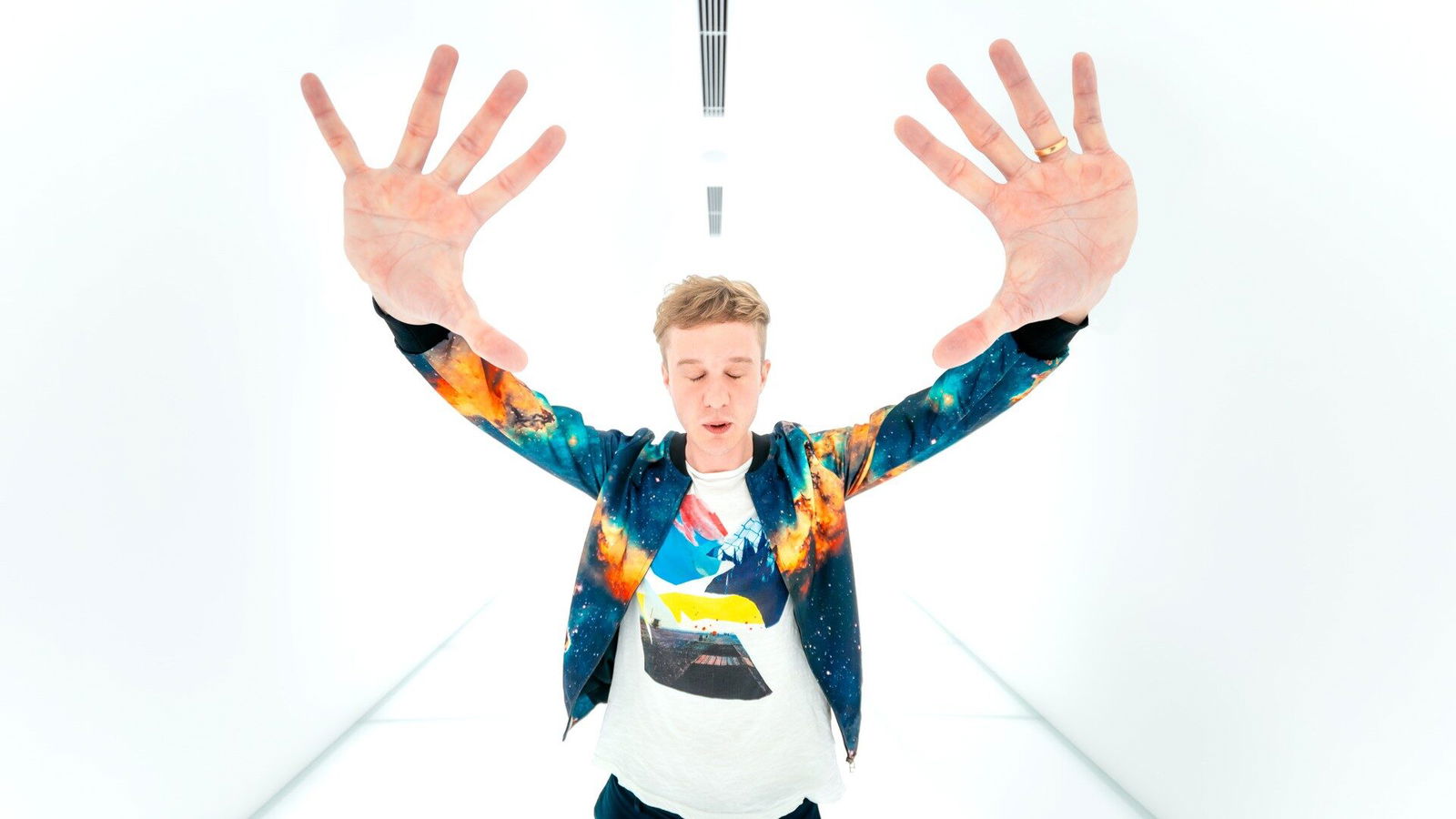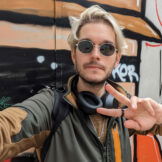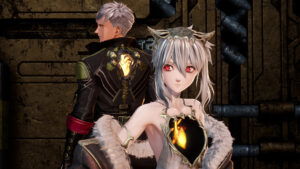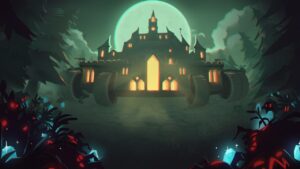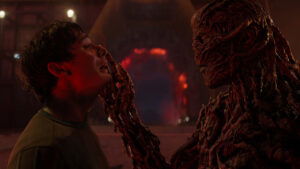Ludvig Forssell, the main composer on Death Stranding 2: On The Beach (2025), grew up in the northern Swedish town of Umeå, where he and his friends would often gather together to sing music by heavy metal bands like Black Sabbath and, eventually, even write their own material. Thanks at least in part to his love for Japanese pop culture, after graduating from a music high school in Sweden, he pursued the art of game scoring at HAL Tokyo — one of the biggest vocational schools in Japan. Not long after completing his studies, in 2011, Forssell started working as a composer for Konami, catching the attention of the one and only Hideo Kojima, the legendary game designer responsible for the stealth action franchise Metal Gear.
After Forssell impressed with his score for the first Metal Gear Solid V: Ground Zeroes (2014) trailer, Kojima attached him to not only this project, but also the two other titles that the latter was working on at the time, namely P.T. (2014) and Metal Gear Solid V: The Phantom Pain (2015). Following Kojima’s infamous fallout with Konami, Forssell joined him at Kojima Productions, a brand new marquee game studio which was set up and running in remarkable time. After making the move, Forssell took up the mantle of Kojima Productions’ audio director and began working in earnest on what would become Death Stranding (2019), the studio’s debut release. His work earned him the “Best Score & Music” award at The Game Awards 2019.
Two years after the fact, Forssell announced that he was leaving Kojima Productions in pursuit of a career as a freelance composer. Ever since, he’s composed music for the anime film Belle: The Dragon and the Freckled Princess (2021) and the live-action movie Boy Kills World (2024). And yet, when Death Stranding 2: On The Beach was officially revealed at The Game Awards 2022, Forssell confirmed that he would return to score it, only just as a freelancer this time.
In anticipation of Death Stranding 2: On The Beach’s release, I got the chance, via Zoom, to speak to Forssell about his illustrious career and ask him about breaking out as a composer in Japan, his work under Konami and Kojima Productions and returning to a world connected by strands:
Hello! Thank you for meeting with me today. To start things off, what was it that made you make the move to Japan to study game scoring? Was it a love for Japanese video games and/or their scores?
Ludvig Forssell: Actually, it was a very practical choice. I originally thought that I’d become a musician, like a studio musician touring with bands — one can dream — but…I [eventually] figured that I’d do things all on my own, which meant becoming a composer.
And so, looking into different schools that I could apply to and focusing on finding a way to make this a profession and become part of the industry, [I found] HAL, which was a new school at the time — I was actually part of the first class of the school in Tokyo — and that seemed like a place where I can focus on learning how to professionally write music on the computer rather than in the classical way. Also, HAL has a focus on the gaming industry, which, at least at the time, was the most open industry to new talent. I was always into games, too, so this seemed like a good choice for me.
So, yeah, I went there for two years and then got a job at Konami right out of school. I guess it worked out!
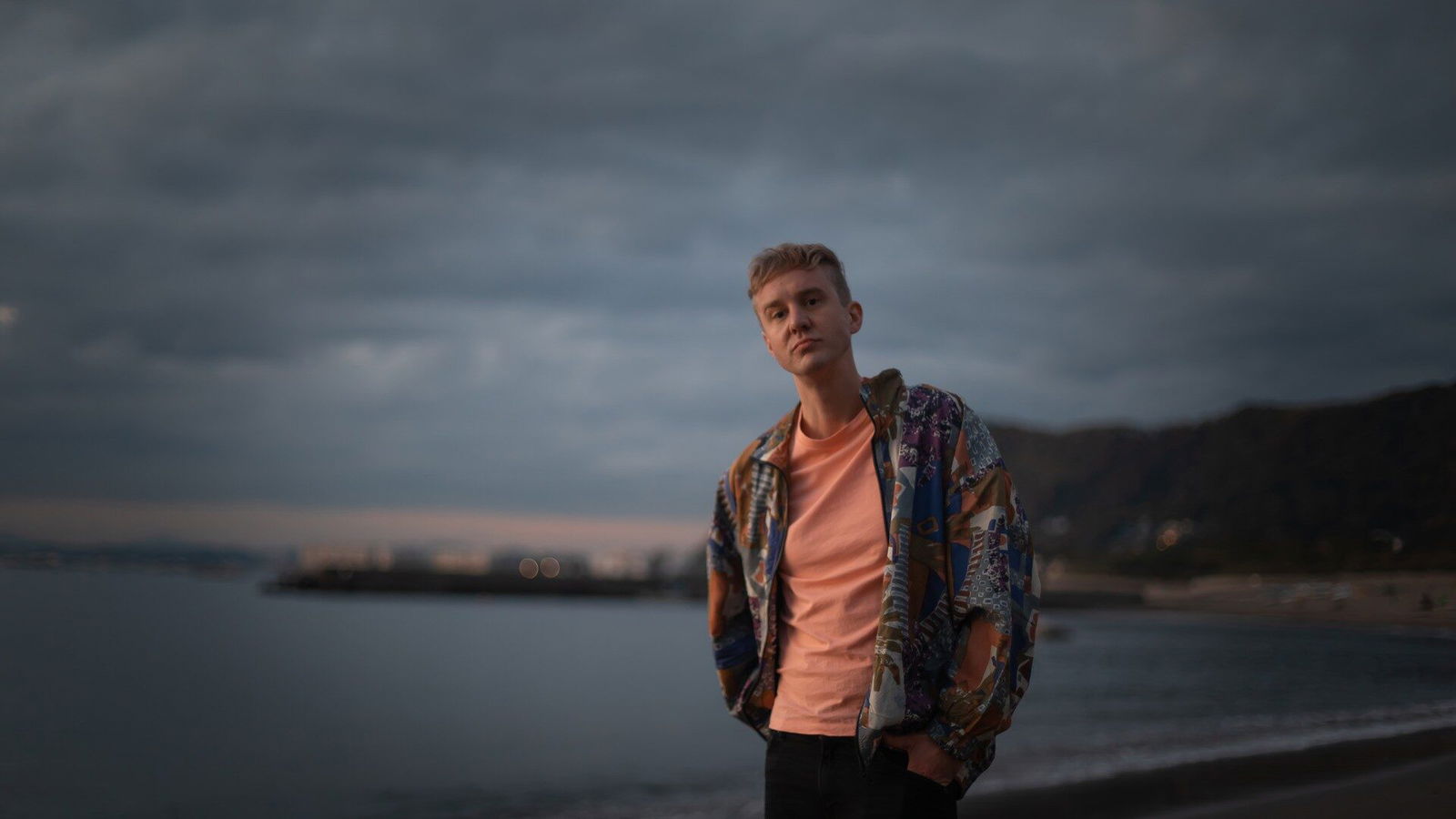
As you say, you joined Konami as a composer straight out of HAL, and then, three years into that gig, you were already promoted to lead composer. How would you describe these early years of your career, and what are some of your standout moments from back then?
Ludvig Forssell: Oh, it was a whirlwind because I joined Konami in a completely different team than Hideo Kojima’s team. At that time, I was with a team producing smaller games for the Nintendo DS and for the PlayStation Portable. We were looking into new titles when Konami started restructuring…I think, during those first six months, I worked on only one game that actually got released.
And, yeah, when the restructure happened, that’s when I got the chance to move on to Kojima’s team, we got introduced, and I presented some of the stuff that I made up to that point to convince them to let me on the team. Bit by bit, after three years and some team changes, I ended up the sole composer on the team finishing off Metal Gear Solid V.
A standout moment, during those initial years, was definitely being tasked with writing the music for the first trailer for Ground Zeroes, with the direction being to deliver a “single stinger sound” that can be repeated throughout. It sort of became the first stepping stone for me…and it was also my introduction to working directly with Mr. Kojima.
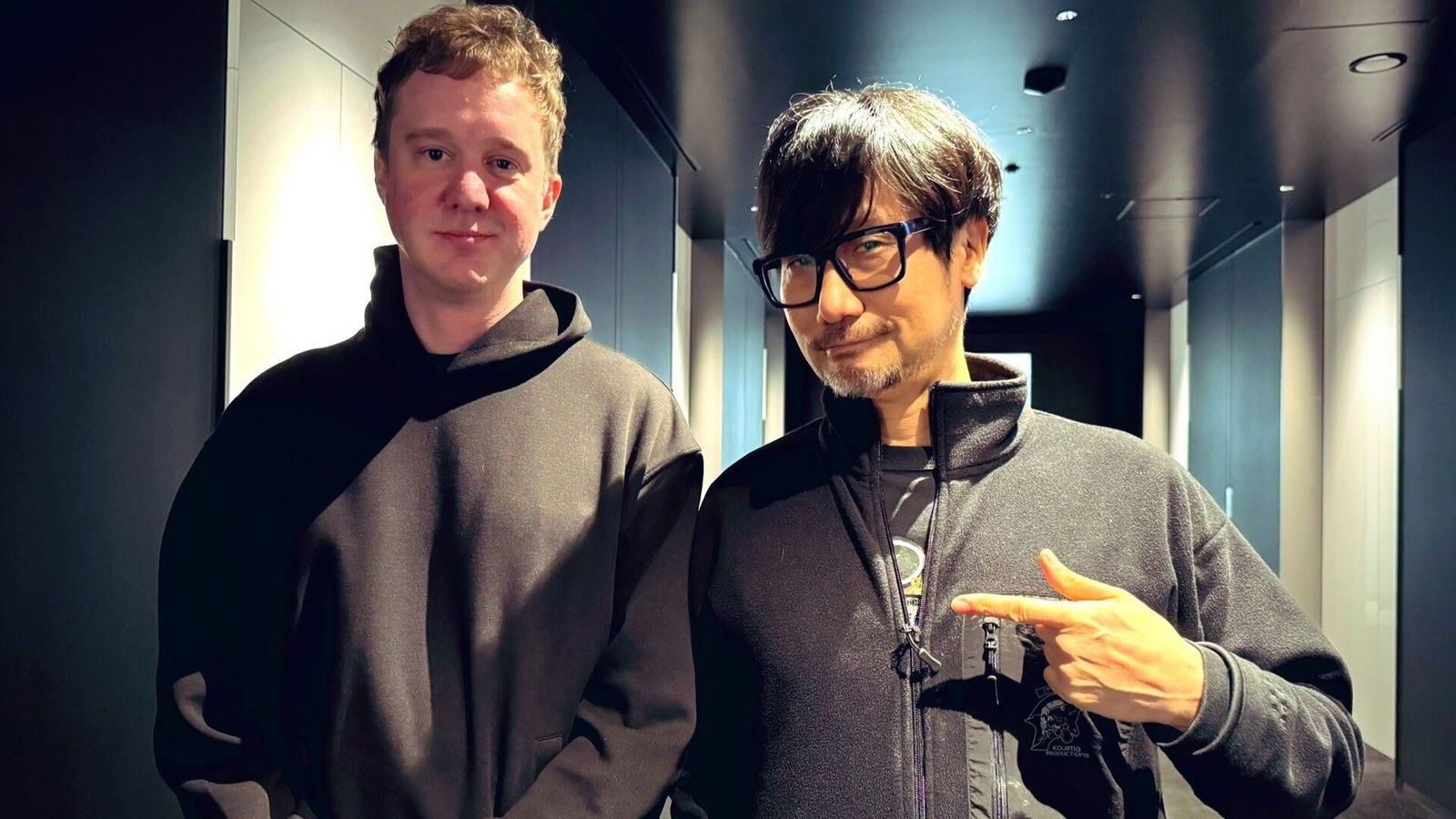
I was actually about to ask about this, as it’s a moment you describe in a Reddit AMA from a few years ago. What do you think it was about your sound that impressed Mr. Kojima?
Ludvig Forssell: Well, I have to give a lot of thanks to the lead composer at the time, Akihiro Honda, who guided my hand, showed me the ropes and had the confidence in giving me that assignment. I think what Kojima saw in me was how I approach music, especially having grown up in a totally different part of the world to the rest of the team. I’m not going to say that it [my music] was completely different and new, as I was literally in my first year as a professional composer, but I think I didn’t have the fears and inhibitions that might grow throughout a long career.
Also, believing in what Honda-san told me to do and trying that out ended up working out. And…you always gotta believe in yourself, of course, but, at that time…I had no idea what I was doing! [laughs] For some reason, it thankfully all worked out. So, I can’t really say that there was anything special about me, because I don’t think I’d be able to ever say anything like that.
But, yeah: try hard, go as far as you can and see where you end up, basically. That’s how I ended up where I ended up.
That’s great advice, thank you. While working on Ground Zeroes, you wrote and performed a playful and zany song called Ground Up Zeroes under the name Death Metal Gear. Would you say that metal bands, like Black Sabbath, for which your admiration is on the record, are the main inspiration for your work?
Ludvig Forssell: I grew up listening to different kinds of music, but I was always focused on bands with guitars in the front and center. I think the first song me and my band performed, when we were like seven or eight, was Pretty Fly For A White Guy by The Offspring and that evolved into us being interested in even old-school metal like Black Sabbath and stuff like that. I then went on a deep dive on all kinds of metal music: death metal, black metal and all of that. That never really jived with my band at the time…even though we were all fans of parts of that culture as we grew up in the same town as Meshuggah.
Metal is a part of me that I always had with me that I didn’t get to explore much in the types of music that I’ve been tasked to write, but especially with Death Stranding 2, I’ve had the chance to add some of that taste into the soundtrack. It’s always been a big part of who I am as a composer because I started out writing music for the guitar, so the things that came out were influenced by what I had been practicing: Children of Bodom, Meshuggah, In Flames…all of that shit. So, it’s not necessarily the kind of stuff that I always listen to, but it’s what comes easily whenever I play my favourite instrument: the guitar.
The song that you mentioned, Ground Up Zeroes, was sort of an escape back to my roots…it’s a fun time!
“Metal is a part of me that I always had with me that I didn’t get to explore much in the types of music that I’ve been tasked to write, but especially with Death Stranding 2, I’ve had the chance to add some of that taste into the soundtrack.”
Besides Ground Zeroes, 2014 also marked the release of another cult project you were involved with: P.T.. Is there anything at all you can share about working on it?
Ludvig Forssell: Of course, yeah! Obviously, there’s a lot of speculation about that project and why it never became a full-fledged game, but, for me, working on it was one of the best times I’ve had. It was sort of a vacation from work while still working because P.T. was short but completely different from Metal Gear.
I think I worked on P.T. for two or three weeks, so it was a short project, but, at the same time, we didn’t have as many restrictions when it came to CPU and stuff cause it was only going to be on the PlayStation 4, so we got to try out a bunch of stupid stuff like having the music rotate in surround 3D as the player was walking around because we wanted to make them nauseous and stuff like that. So, yeah, since it was such an experiment of a project, everything that I wrote for it was so completely different to what I was writing at that time. It was such a fun time to hang out and do that in between all of the other stuff.
It’s funny, but, one of the tracks I wrote for P.T., 204863, if I’m correct in the numbering here, is just a simple chord progression on the guitar that’s supposed to be, as per the direction I received, “a hallucination-inducing sermon [delivered] by a cult” sort of thing. And so, I just thought: “let’s write something that sounds like somebody who’s just started learning their instrument would write”. That track ended up being one of the ones that a lot of my friends were like: “I love this fucking track — it’s so cool!” Yeah, well, it was supposed to sound like someone was bad at their instrument, but thanks, I guess! [laughs]
Through moments like that, I really treasure the experience I had working on P.T., for sure.
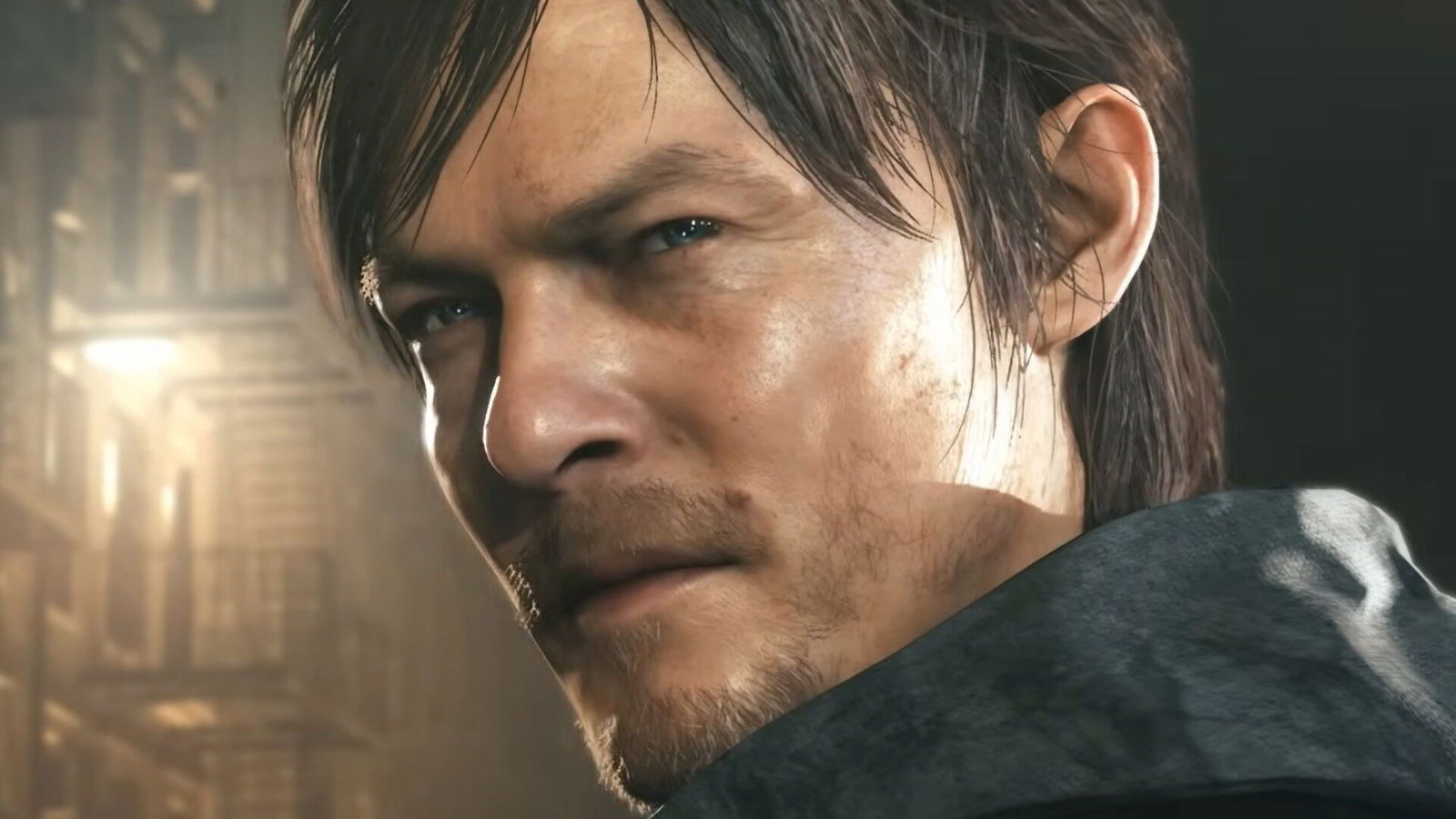
For Ground Zeroes 2015 successor, The Phantom Pain, you notably wrote the lyrics for Quiet’s Theme. One stanza in particular, “Love / Hurts so bad / But still / Saved my soul”, remains popular with fans. Why do you think it resonated with so many people?
Ludvig Forssell: It all comes down to the character herself. Quiet is so in your face with how she looks and everything, but she also doesn’t speak, and it takes a long while to find out what her character is really all about and the pains she’s gone through. I think the song on its own wouldn’t stand as strong without that backstory…it was really, you know, sort of like taking the words that she couldn’t speak and putting them on paper.
Following The Phantom Pain, you joined Hideo Kojima as he was setting the foundations of what would become his studio, Kojima Productions. How was that change for you, and how did it influence your work?
Ludvig Forssell: Oh, well, everything changed with that! At the time [of the move], I became the audio director and had all these new responsibilities but, I think, first and foremost, getting to work on a completely new IP in Death Stranding and coming up with all these new ideas was such a different way of working compared to doing Metal Gear, which has a decades-long legacy that keeps on growing and all this music that was already a good representation of that franchise is. So, starting completely anew, and I think this goes for everybody on the project, including Hideo, was such a different and rewarding experience.
We didn’t really know how things were going to go: we were nervous about being able to ship this game with forty people in a rented office space, all while figuring out how to build a studio. It was a growing process. It’s weird that Death Stranding came together as quickly as it did because we spent more time on the second one than the first one! [laughs] Kudos to us.
On your website, you mention that, for you, “the real fun part [of composing], the magic, is finding the solution to puzzles.” What was the biggest “puzzle” you had to figure out when composing Death Stranding?
Ludvig Forssell: The first one was definitely finding an original sound. I had my inputs and ideas from Hideo: he wanted something that sounded a certain way using synths. Which, you know, I can emulate something that sounds like a thing, but I wanted to come up with something of my own that represented how I approach writing. Which, compared to writing a sequel to a legacy game like Metal Gear, is something completely different and was, in a way, new to me.
So, getting to spend the time to do that and really try stuff out, getting all these synths, figuring out how they work and how I could bend them to my will and stuff like that…that was really the core of finding the first few sounds. Taking our time with the first one was definitely worth it in order to create something new for the special world that Hideo had created, and I think that’s been elevated for the second one. That was really my goal for Death Stranding 2: to take what we already have and go beyond the bounds.
“Death Stranding really allows for a lot of freedom to go very wide and different between music genres…”
You won the Best Score/Music award at The Game Awards 2019 and, during your acceptance speech you said that you hope that you can “keep on doing weird shit going forward”. With the imminent release of Death Stranding 2 : On The Beach, do you personally feel that you’ve continued to do “weird shit”?
Ludvig Forssell: Yeah…?! [laughs] There is some stuff in the game and even some stuff that is not going to be on the initial release of the soundtrack, because it delves into spoiler territory, that is going to make people go nuts! This is Hideo pushing the boundaries every single time, because if people are not pushing back, why not push further?
I wish I could have some examples to give you right now, but there is definitely a lot of freedom to the way we were approaching music in the game and with how vast the soundscape is, we definitely got a lot of chances to go beyond a single type of sound for the music. Death Stranding really allows for a lot of freedom to go very wide and different between music genres and all of that. So, I definitely love that experience and appreciate the chance to do all that weird shit! We definitely kept on doing weird shit.
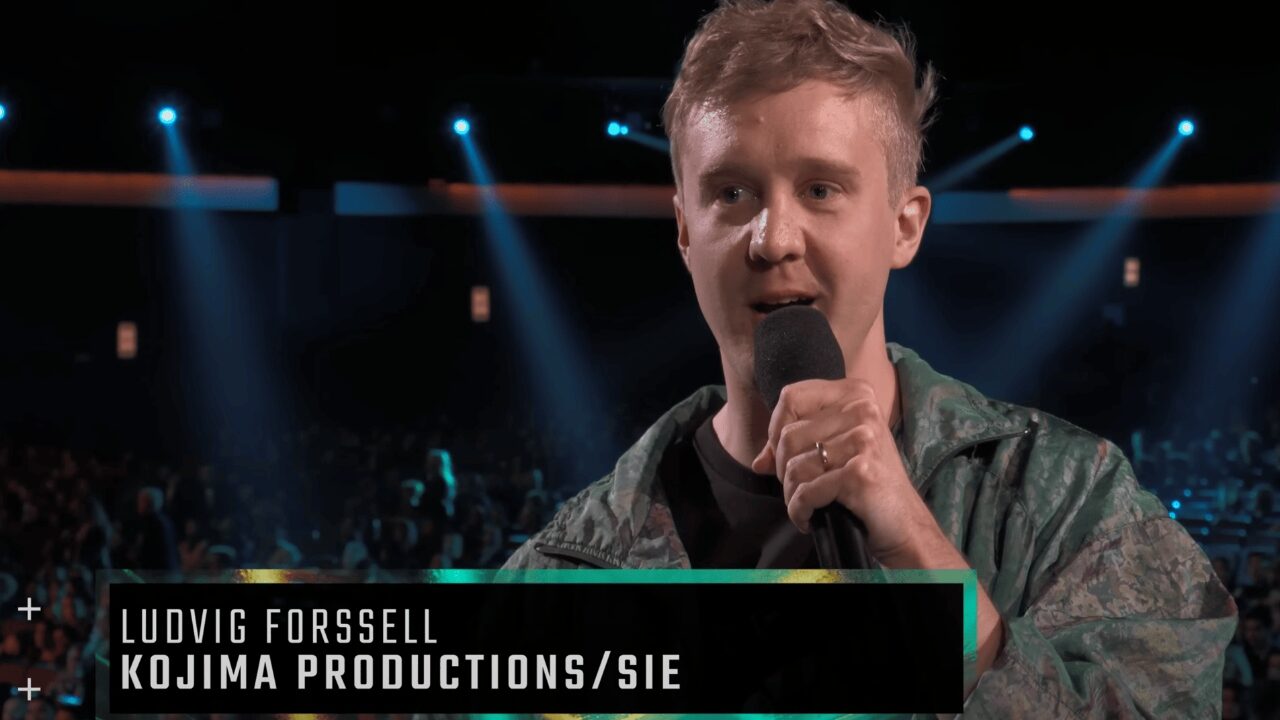
Speaking of Kojima pushing boundaries, in an interview with Rolling Stone, WOODKID, one of the artists heavily featured in the soundtrack, touched on the fact that Kojima made changes to Death Stranding 2 because it wasn’t “polarizing” enough. Did he also suggest changes to your work on the same note?
Ludvig Forssell: During the couple of recording sessions I joined, in which the actors were performing their motion capture, Hideo always sculpted the scenes and the story around what he got from the actors. So, he is always open to changes like that. I know what WOODKID’s mentioning here, but that story has not come my way. I’m not sure if I’ve seen the previous script before he changed scenes, or not, but he is always very open to the input of the actors and everybody working and going with the flow.
So, it doesn’t surprise me that he felt he needed something different, again, during the process of creating Death Stranding 2. He always wants to be polarizing and to come up with new stuff. Anything that seems like the middle of the road…yeah, that’s not really his thing. It’s really cool to see that he seems to tackle those issues head-on. That’s cool.
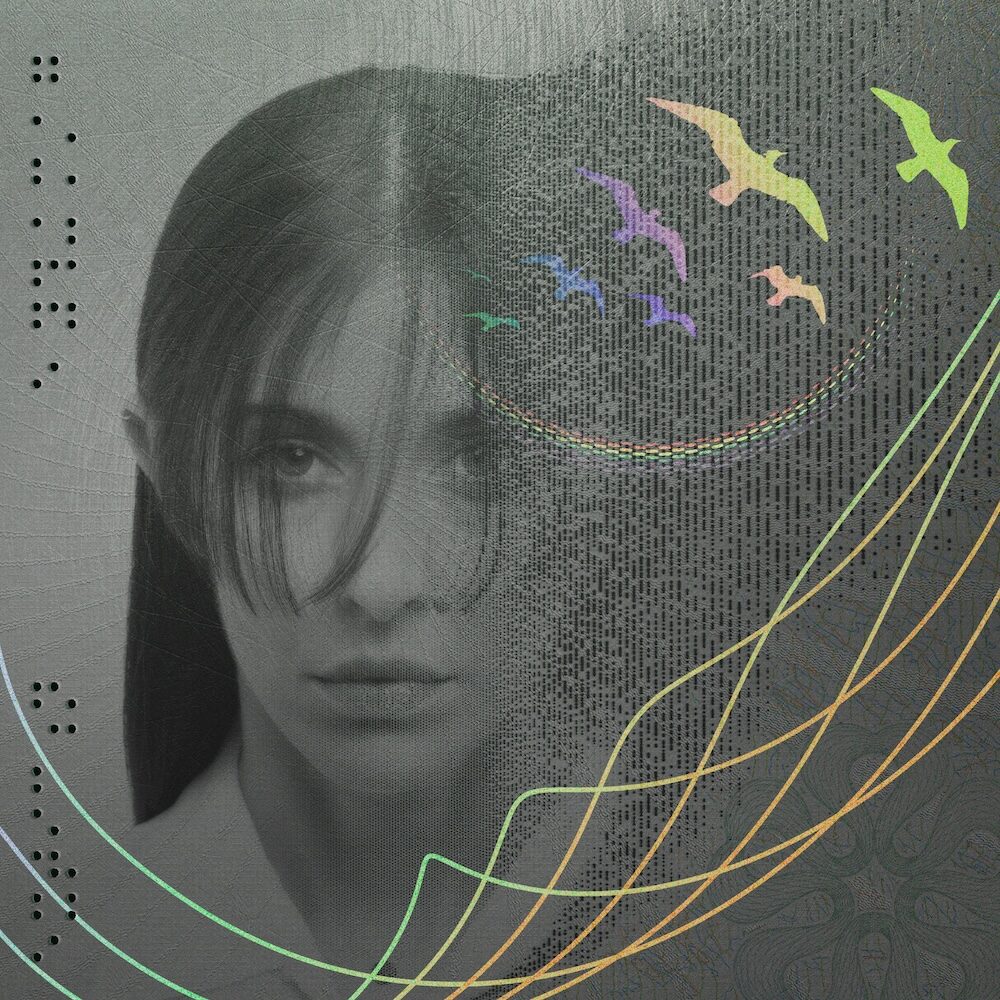
As per Hideo Kojima tradition, Death Stranding 2 features a whole range of musical artists (e.g. WOODKID, Silent Poets, Low Roar, Magnolian) who’ve contributed to the project. I’m personally a big Caroline Polachek fan (shout-out to Kinda Funny’s Roger Pokorny), so I’m really excited to hear the title track that she wrote, On The Beach. Is there a collaborative piece that you can’t wait for fans to listen to?
Ludvig Forssell: Well, you mentioned it! Caroline Polachek’s song is my personal favourite of all the artist collaborations on the soundtrack. Her stuff for Death Stranding was very inspirational for me…it was really, really cool and it made me rethink a lot of stuff that I want to do in the future. I actually don’t know how or when her music is featured in the game, so I’m really looking forward to seeing that [for the] first time myself. From a composer standpoint, that song is so well produced…it’s a really good track!
Without touching on spoilers, what would you say is your proudest contribution to Death Stranding 2?
Ludvig Forssell: So, I got to write the main character and villain themes, whereas WOODKID handled a lot of the female character themes — I’m really proud of the work that we did. Obviously, there’s a lot of Higgs stuff, which is very flamboyant, but I’m really proud of the stuff that we did for Neil, which is Luca Marinelli’s character, which occupies sort of the same position as Clifford, Mads Mikkelsen’s character from the first Death Stranding.
But, with Neil, I’ve been able to musically dive deeper into his character and represent his multifaceted nature through music. I hope that going through the encounters with him, finding out about his background and listening to how the music evolves is a fulfilling experience.
Death Stranding 2: On The Beach is out on PlayStation 5 now.
